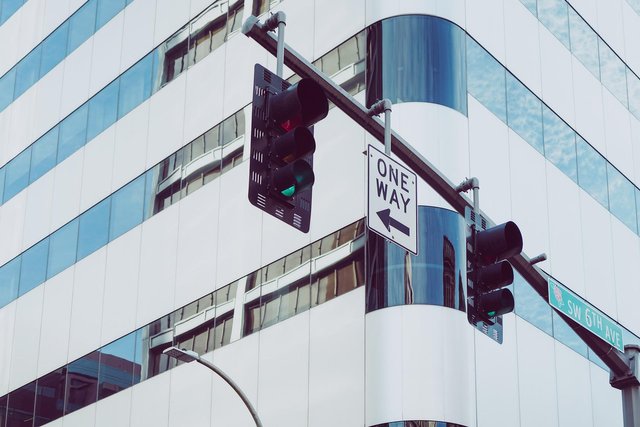According to an AI firm, traffic delays are merely a math problem.

Israel has some of the worst traffic congestion among industrialized economies, but an algorithm can assist, according to one of the country's auto and mobility IT firms.
Intelligent Traffic Control, or ITC, was one of the AI participants at Tel Aviv's recent EcoMotion display, where high-tech and AI companies hoped to make transportation more efficient and cleaner.
Its artificial intelligence software captures real-time data from road cameras and then sends instructions to adjust traffic signals based on vehicle flows.
"ITC was able to establish statistically that many traffic jams can be avoided if you intervene early enough," said Dvir Kenig, the company's co-founder and chief technology officer, noting a 30% reduction in traffic at two intersections where their system was used.
The company claims that traffic congestion is a global problem, estimating that the average driver spends three days per year trapped in traffic, emitting greenhouse gases in the process.
The situation is particularly extreme in Israel, where "transportation infrastructure lags far behind" most member nations, according to the Organization for Economic Cooperation and Development, and "road congestion is one of the worst in the OECD."
[Military advancements]
Meir Arnon, the founder of EcoMotion, told AFP that a surge in worldwide interest in smart mobility has turned Israel into a player in the auto sector, despite the fact that it does not produce automobiles.
"Cars have evolved," the industrialist-turned-investor explained. "Cars used to be made of metal with wheels and a radio. Today, none of these things matter; they're all mass-produced for everyone by the same firms.
"Today, what distinguishes automobile manufacturers is the driving experience... the vehicle's ability to react to the driver," he remarked.
Surveillance, communication, and sensory technology developed by Israel's army and commercial defense industries have become critical to automakers, according to Arnon.
With over 600 start-ups — "second only to Silicon Valley" — Israel has become a "hub of mobility," according to Arnon, noting that 35 global auto giants, including GM, have facilities in the country.
"The future of vehicles is outside of vehicles — in the cloud, our phones, and to some extent in the cars, and all of these pieces create an open platform," Gil Golan, head of GM's local technical center, stated.
"This open platform is a venue for Israelis to showcase their invention and creativity."
[Engineers are required]
Rider Dome, whose cameras mounted on the front and back of motorcycles employ artificial intelligence to warn riders of nearby dangers, was also on hand at EcoMotion.
"A driving assistant, which has become normal in almost every car, does not exist in motorcycles," said Yoav Elgrichi, the company's CEO. "That's why we came up with the idea for Rider Dome."
However, other analysts believe Israel's technological sector, especially smart transportation, is nearing saturation.
According to the Israel Innovation Authority, the technology sector, which accounts for half of the country's exports and one out of every ten employment, is "maturing" and the number of new businesses is declining.
According to Lisya Bahar Manoah, a partner at Catalyst Investments, Israel needs more engineers if it wants to stay up with the burgeoning mobility sector, which is predicted to "double in size" globally over the next several years.
"The way we can overcome the problem is to create professional schools," she said, citing examples from Europe, particularly Germany and Austria.
"Israel must pause and consider how to produce more engineers in order to support the startup system. Our educational system must be adjusted accordingly."